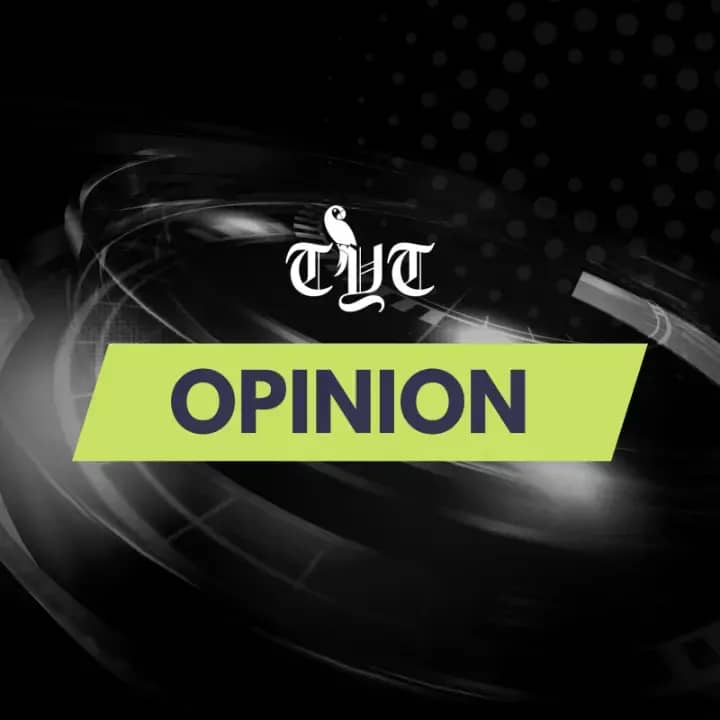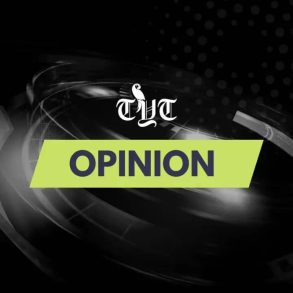By Ademola Adekusibe
What we are witnessing in Kogi, Kwara, and other Yoruba-inhabited territories is not random criminality. It is not the natural consequence of failing governance or isolated banditry. It is a carefully orchestrated and systematic campaign aimed at undermining the Yoruba presence in central Nigeria, diluting their influence, and creating an environment where fear dictates daily life. The recent attacks in Ifelodun LGA, where reports suggest that Miyetti Allah was contracted to “watch over” the local population, are not isolated incidents of poor policing. They are deliberate moves within a broader strategy that leverages violence, intimidation, and state complicity to achieve demographic, political, and cultural control. The question is no longer if the Yoruba are under threat, but how long the country will allow this silent siege to continue before the consequences become irreversible.
History has shown that the Yoruba have been both resilient and politically savvy, balancing regional pride with national cohesion. But resilience has its limits, and repeated attacks, targeting not only individuals but entire communities, threaten to erode that balance. The infiltration of armed groups into daily life, the normalization of their presence in religious, economic, and civic spaces, and the apparent immunity they enjoy from prosecution is no coincidence. These patterns are consistent with soft occupation tactics seen in other conflicts globally: establish a foothold through controlled violence, embed sympathizers in key societal positions, and gradually weaken the social and political structures that define a people.
The human cost of this siege is mounting. Families are displaced, markets shut, schools abandoned, and cultural institutions are shrinking under sustained threat. The psychological impact cannot be overstated. Young people, especially men, are leaving towns in search of safety, disrupting generational continuity and threatening the labor and leadership pipeline that has historically sustained Yoruba communities. These are not temporary disruptions; they are strategic assaults designed to fracture the social fabric of a people who have long been central to Nigeria’s economic, political, and cultural life.
What makes this siege particularly alarming is the complicity, whether passive or active, of the Nigerian state. While groups such as Miyetti Allah are identified by international actors as terrorist organizations, state actors have continued to engage them in security roles. Contracts, tacit approvals, and political endorsements signal more than negligence, they indicate a willingness to allow external actors to dictate the security architecture of Yoruba territories. It is a subtle form of colonization: replace local authority with external control, weaken traditional structures, and create dependency on actors whose loyalty lies elsewhere.
The strategic implications are chilling. Over the next decade, if these patterns continue unchallenged, Yoruba-majority areas in Kogi, Kwara, and other parts of central Nigeria risk permanent marginalization. Political representation could be diluted, economic growth stifled, and cultural identity systematically eroded. This is not hypothetical; it is a direct threat to the long-term survival and autonomy of a people whose contributions have historically shaped Nigeria itself.
Yet, public discourse continues to mislabel these attacks as mere “insecurity,” framing them as criminal incidents detached from larger socio-political realities. This narrative is convenient for those who benefit from the destabilization, allowing the silent siege to advance without scrutiny or accountability. Media reports often fail to connect the dots between killings, displacements, and the strategic positioning of armed groups within key communities. Analysts and policymakers who understand the depth of this threat are too often ignored or sidelined, leaving ordinary citizens to bear the brunt of violence and intimidation.
The international dimension cannot be ignored either. Observations by the United States and other foreign entities identifying groups such as MACBAN and Miyetti Allah as terrorist networks should trigger immediate accountability mechanisms at the state and federal levels. Instead, these groups continue to operate with impunity, often with political cover. This tacit endorsement exacerbates the threat, sending a message that violence against the Yoruba, whether in Kogi, Kwara, or other central Nigerian states, will not attract serious consequences.
To label this as simple insecurity is not only inaccurate, it is dangerous. It risks normalizing the systematic weakening of Yoruba communities, transforming what should be urgent political, security, and cultural interventions into a chronic state of vulnerability. This is a soft invasion: a siege that works not through conventional armies but through terror, demographic pressure, and administrative complicity. Denial, delay, or diversion will only embolden perpetrators, further threatening the social, political, and economic infrastructure of entire regions.
The Yoruba people, historically strategic and resilient, are now at a crossroads. Immediate, decisive action is required: independent security audits, accountability for political actors enabling these groups, investment in community defense mechanisms, and international pressure to recognize the full scope of these attacks as deliberate acts of ethnic and political destabilization. Failure to act will not only imperil Yoruba communities today but will compromise the very future of central Nigeria, eroding trust in the state and emboldening further incursions into the heartlands of one of Nigeria’s most influential peoples.
This is not hyperbole or conjecture. It is a factual reading of patterns, historical behavior, and present realities. The attacks in Kogi, the complicity of vigilante groups, and the silence or inaction of state authorities together constitute a strategic campaign against the Yoruba. Understanding this as anything less is to misunderstand Nigeria itself. The silent siege is real. It is methodical. And it will continue until recognition, accountability, and resistance transform it from inevitability into a problem that can be addressed and reversed.






